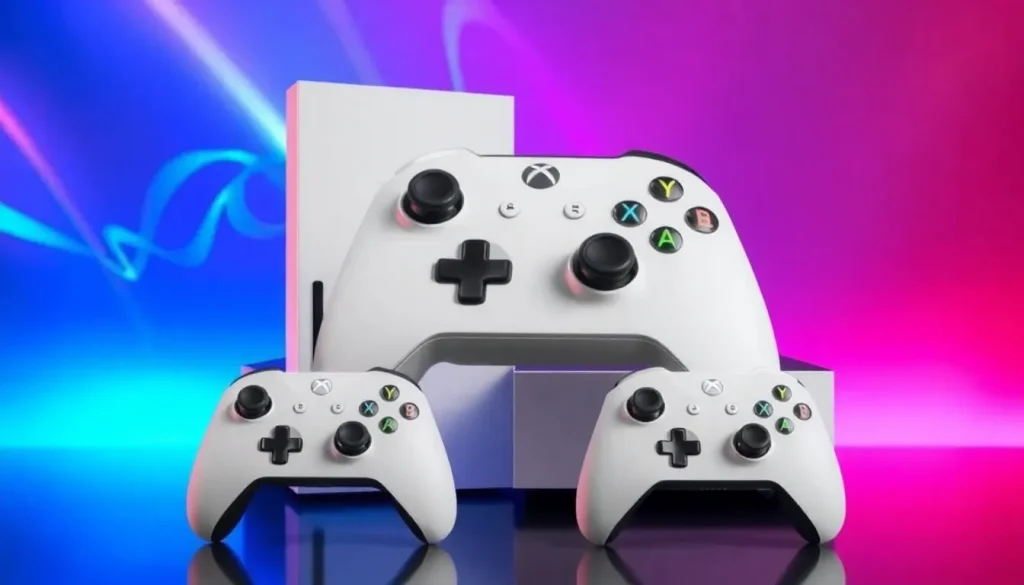Xbox Series X and S prices rise again in the US

The gaming industry is always evolving, but frequent price increases can leave gamers feeling frustrated and uncertain about their purchases. In recent months, Xbox has made headlines with its announcement of significant price hikes for its Series X and S consoles. While this increase currently affects only the United States market, it raises questions about potential expansions to other regions and the overall impact on gaming accessibility. Let’s delve into the details of this announcement and its broader implications.
Xbox Series X price surges to $799.99 in the U.S.
Xbox Series X, which previously held a competitive edge in the market, now faces a price increase that could make it less appealing to prospective buyers. The console will now retail at $799.99 for the Galaxy Special Edition, a significant increase from its original launch price of $499. This represents a staggering $300 hike in less than five years.
It's essential to consider the broader context behind this price surge. The gaming landscape has witnessed several fluctuations in pricing and availability, influenced by factors such as:
- Global supply chain disruptions.
- Increased manufacturing costs.
- Changing consumer demand.
- Inflationary pressures affecting various industries.
For consumers, this price adjustment raises critical questions about value. The Xbox Series S, which is the more budget-friendly option, now costs $399.99 for the 512 GB version and $449.99 for the 1 TB version, reflecting an increase of $20 since its initial launch. Given that the original price for the Series S was $299, this price hike showcases a trend where both Xbox consoles have become less accessible over time.
Understanding the impact of price increases on consumers
Price hikes in the console market can significantly affect consumer behavior. With the rise in Xbox console prices, gamers may consider the following options:
- Evaluate whether investing in a console is still worthwhile compared to building a gaming PC.
- Explore alternative gaming platforms such as PC gaming or cloud gaming services.
- Wait for potential discounts, bundles, or promotions that may arise during significant retail events.
This shift not only impacts sales figures but also influences how consumers perceive the value of console gaming versus PC gaming, which often offers better performance for a similar price point.
Competitors respond to the changing market dynamics
With Xbox announcing its price increase, the question arises: how will competitors like PlayStation and Nintendo react? Sony had previously raised the price of its PlayStation 5 in various markets, while Nintendo has held steady regarding its pricing strategy. However, Nintendo has also increased the cost of accessories for its consoles, which could indicate a similar trend of escalating prices across the board.
As the gaming industry braces for potential shifts, players may witness:
- Increased competition between consoles and PC gaming.
- A potential rise in subscription services as an alternative to console purchases.
- Greater emphasis on digital game sales and downloadable content.
As a result, consumers may need to reassess their gaming strategies, weighing the benefits of consoles against the flexibility and performance that PCs can offer.
Looking ahead: The future of console pricing
As we move forward, it remains uncertain whether Xbox will extend its price increases to other markets. This uncertainty can affect consumer sentiment and purchasing decisions. The next generation of consoles from both Xbox and PlayStation may also be impacted by the current pricing trends.
Industry experts anticipate that:
- New consoles may launch at higher price points than their predecessors.
- Competitive pricing strategies will emerge as companies aim to capture market share.
- Potential shifts in gamer demographics could alter the focus of game development.
In essence, the current landscape suggests that gamers will need to stay informed and adaptable in a rapidly changing market.
Consumer reactions and market implications
Reactions to the price increase have varied among gamers. Some express disappointment over the decision, citing concerns about affordability in an already expensive gaming environment. Others may view this as an opportunity to invest in gaming PCs or explore emerging technologies that enhance the gaming experience.
As the competitive landscape evolves, it’s crucial for manufacturers to consider consumer feedback and adapt to their needs. The current trend of increasing console prices could lead to:
- Higher demand for budget-friendly gaming options.
- Growing interest in refurbished or second-hand consoles.
- Increased scrutiny of game pricing and microtransactions.
Ultimately, how Xbox and its competitors navigate these challenges will shape the future of gaming for years to come.
For a more in-depth analysis of the recent price changes and their implications for the gaming community, check out this video:




Leave a Reply